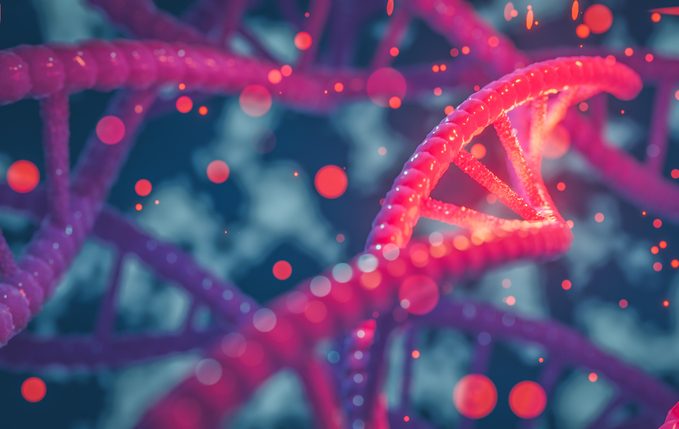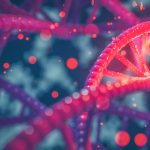

Breakthrough for Orcadian genetic study
Orcadian volunteers who took part in a genetic study more than a decade ago will soon be able to discover any findings which may impact their health in the future.
This breakthrough for the Orkney Complex Disease Study (ORCADES) comes after further studies run as part of the VIKING genetic project were given the go-ahead to return “actionable findings” to participants.
Orcadian geneticist Professor Jim Wilson, of Edinburgh University, is delighted that he and his colleagues will now be able to offer the same information to ORCADES volunteers.
“Actionable genetic findings are genetic variants which increase the risk of diseases like inherited high cholesterol, breast and ovarian cancer, bowel cancer, etc,” he explained.
“They are all diseases about which we can do something, hence ‘actionable’. For example, enhanced screening, changes to diet or medications.”
Volunteers are beginning to receive correspondence this month, asking them to fill in a consent form. If participants would like to share their emails with the project, or aren’t sure if researchers have there correct address, they can get in touch at viking@ed.ac.uk
More in next week’s edition of The Orcadian.